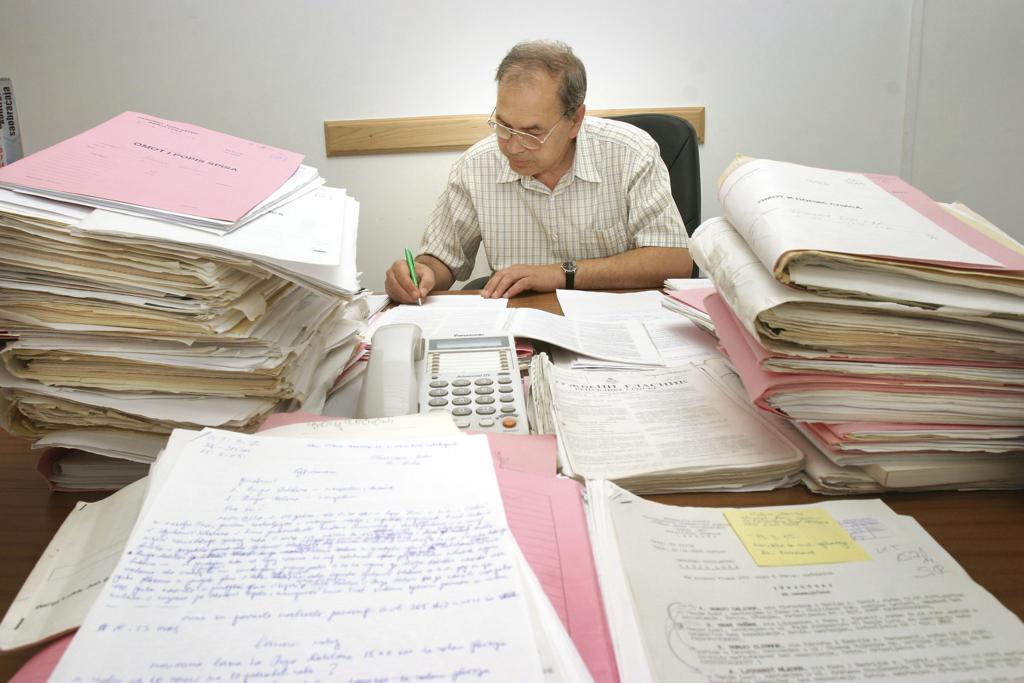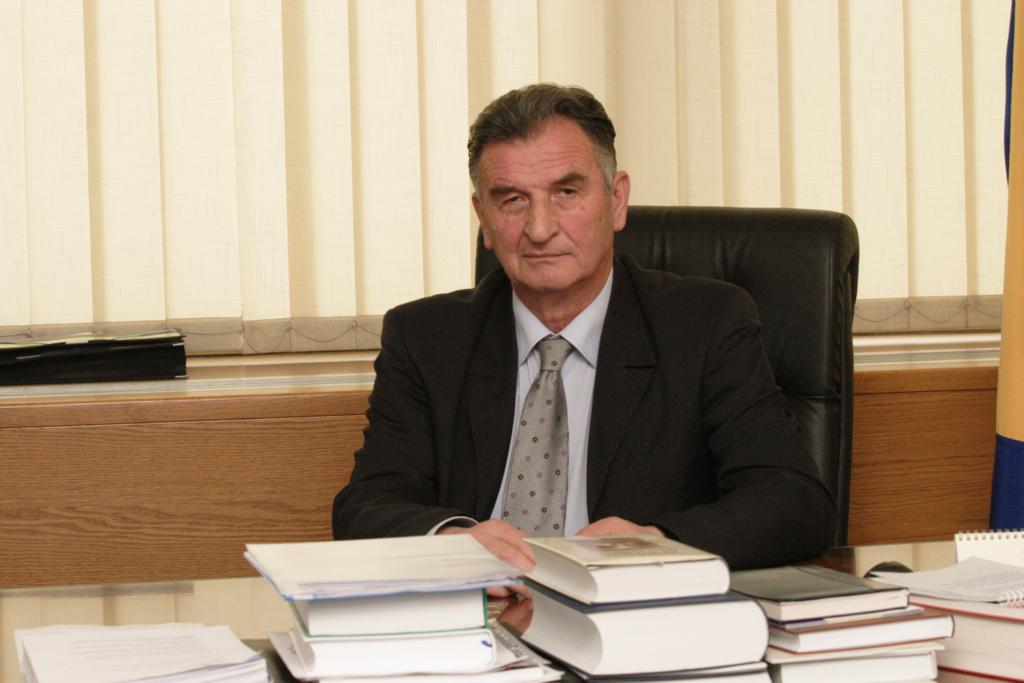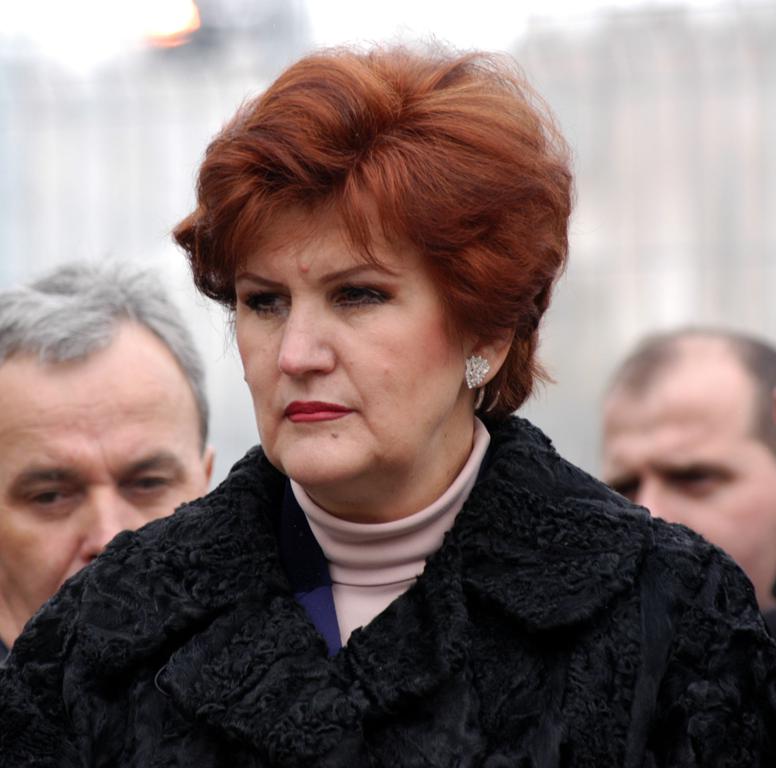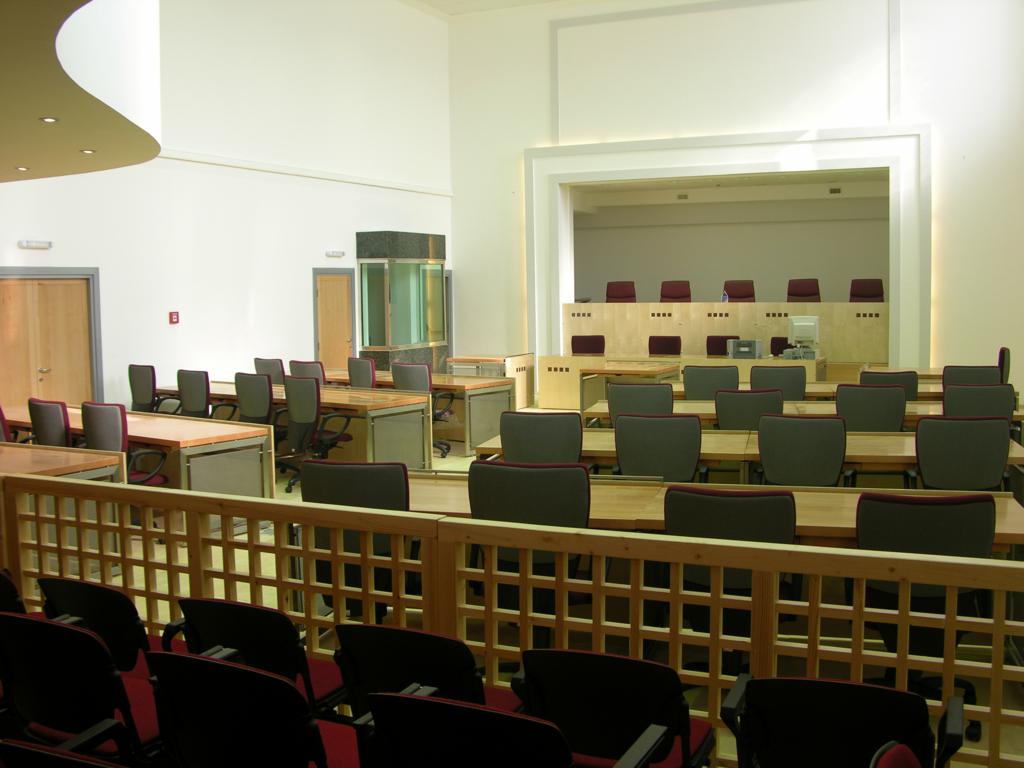On Friday, representatives from more than 30 countries will meet in Brussels to discuss a request by the BiH government for €43 million to continue funding the State Court of BiH, which oversees the War Crimes Chamber and for a new prison.
While most donors, led by the US, strongly support the work of the court, a few critical donors are likely to hold off giving much, if any, support until BiH can develop a strategy to deal with the larger issue of reform of the whole justice system.
A series of stories by the Center for Investigative Reporting (CIN) published last year (www.cin.ba) showed that the majority of the 5900 outstanding war crimes suspects’ cases will be tried in district and cantonal courts and not at the War Crimes Chamber in Sarajevo. CIN found most of these courts ill-prepared to deal with the difficulties of investigating and prosecuting war crimes, protecting witnesses and handling the increased caseload.

Many of the cases have not been investigated and will pose difficulties for local prosecutors who have little or no resources to tackle complex war crimes cases which are now more than a decade old. The departing Registrar of the Court, Michael Johnson, estimates it will take 30 to 50 years to finish all war crimes cases in BiH. In the past nine years, only about 100 cases have been tried in BiH courts.
‘All the (resources) are going to the state court. They have it and we don’t, but a large number of the (war crimes) cases will be transferred to the cantonal courts’ said Marija Čolić, president of the cantonal court in Odžak.
Meanwhile, cantonal and district courts already have a heavy backlog of thousands of criminal cases. Adding more war crime cases will further delay criminal cases that are already taking years to prosecute.
However, the funding request from BiH is only for €28.6 million to fund operations of the registry and War Crimes Chamber through 2009, and for €14.4 million in 2006 to construct a new prison, according to court documents prepared for the conference.
BiH Minister of Justice Slobodan Kovač estimates that an additional €20 million more than has been officially requested will be needed to cover the problems in the cantonal and district courts and other unaddressed issues.
Donor coordination
A group of donors have been quietly meeting over the past two weeks to hash out a strategy for the conference, led by the Swedish and Austrian embassies. A number of donors objected to the money being focused on the State Court at the expense of the regional courts.
The donors expressed concern that ‘if donors exclusively concentrate their resources to the state court, this might have severe negative effects on other parts of the legal system’ said a report from the meeting.
A number of donors have committed to a plan that would fund the State Court through mid-2007 at a cost of €6 million, rather than through 2009 as has been requested. In the meantime, the donors would ask BiH officials to come up with a strategy to address the other problems with the justice system. This means BiH officials will not get the money they have requested right away.
Lisa Gregory, first secretary for political affairs at the US Embassy, said the priority of the US is to secure funding for the court through 2007, but it will also support the need for ‘major transformations of the existing court system.’ She said the conference will likely get the interim money for operating expenses, but the money for the prison will be more of a challenge.
‘It is a big investment and also something that BiH did not have before. Some people are not fully aware of its necessity’ she said.
Gregory did not say how much the US would donate. It has been the largest donor and will likely be so again. Austria pledged €1 million on Tuesday.
Bosnia will contribute about €7 million, according to court documents.

Minister Kovač is optimistic that the conference will be successful. He believes BiH will get the €14.4 million in 2006 for construction of the badly needed prison.
Leadership
While the money for operations is important, another key issue after the conference will be leadership and oversight of the court. Court Registrar Johnson, who oversaw the startup of the court, will leave that position on Friday even though he was appointed for five years by OHR. Biljana Potparić, Johnson’s deputy, will replace him, Kovač said.
‘I did my job. My job is finished and that’s why I’m leaving’ Johnson said.
In its first two years of operation, Johnson has overseen a complex court system involving more than 500 staff members. It is currently trying 11 cases and preparing dozens more.
‘This court and ministry of justice are functioning efficiently, and that is a fact,” Johnson said.
However, the registry under Johnson did fail to set up an oversight committee, which concerned some donors. In a report from the court last October, Johnson told donors the oversight committee was no longer relevant as the registry was handling those tasks.
But in a December letter to Johnson, three major donors questioned that conclusion. Ambassadors from the United Kingdom, US and European Commission told Johnson that ‘we are concerned because the registry reached such conclusion without fully consulting with the signatories of the International agreement on the registry (OHR and presidency) who are, as we understand it, developing plans for establishment of supervisory committee as it was foreseen in the agreement.’
According to OHR spokesperson Oleg Milišić, an annex has been approved and signed in February that sets up an oversight committee although BiH President Ivo Miro Jović who is listed as the signatory said he has no knowledge of this. That oversight body would regularly review and document the functions of the office of the registry and the War Crimes Chamber and Organized Crime Department.
‘We need the board, whatever it’s called. We really need it.’ said BiH court president Meddžida Kreso.
In the letter to Johnson, the three ambassadors expressed concern about the turnover in the court among the international staff. The court has seen more numerous internationals leave, often on short notice. CIN reported on one such case, the departure of Judge Paul Garlick, a UK judge who left after he was assigned to organized crime cases after having been brought in for war crimes cases.
Johnson did not answer CIN’s questions about court turnover, but in an interview with the Justice Report, Johnson said many internationals were sent home because they lacked dedication and were searching for ‘power and titles.’

Court president Kreso told CIN that the sudden departure of international judges and prosecutors was the result of the expiration of their mandate.
Minister Kovač says that he heard rumors about dissatisfaction among court employees because of the state court system management, but he did not spend time on that issue. ‘Anyway, I’m not authorized to investigate that’ Kovač said.
Kreso and Kovač say they are confident they will receive the money they need. They note that OHR international representatives promised five years of funding from the start of the chamber at the first donor conference held in 2003 at The Hague. Then-High representative Paddy Ashdown said that without donor money there would be no BiH Court or War Crimes Chamber. The money was approved.
Donors at that conference obligated themselves to provide the first €16 million to fund the court operation for the first two out of five years. The money was given in Oct 2004.
‘The whole project is based on that promise’ Kreso admits.








